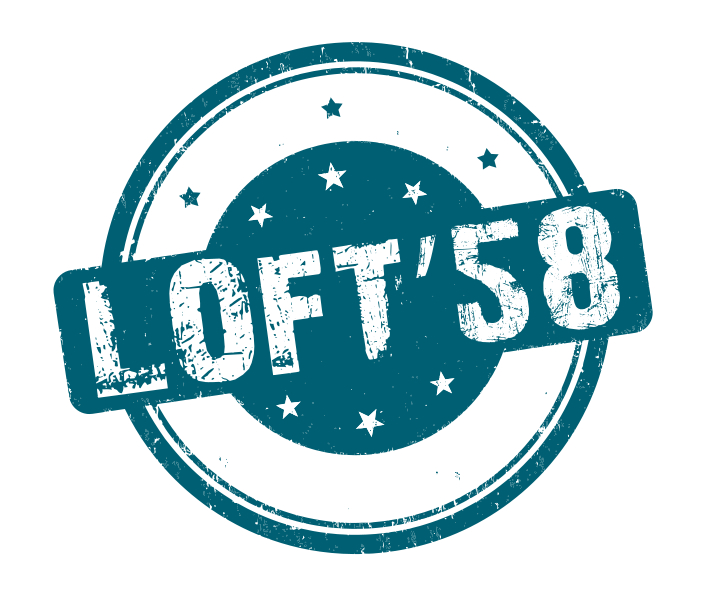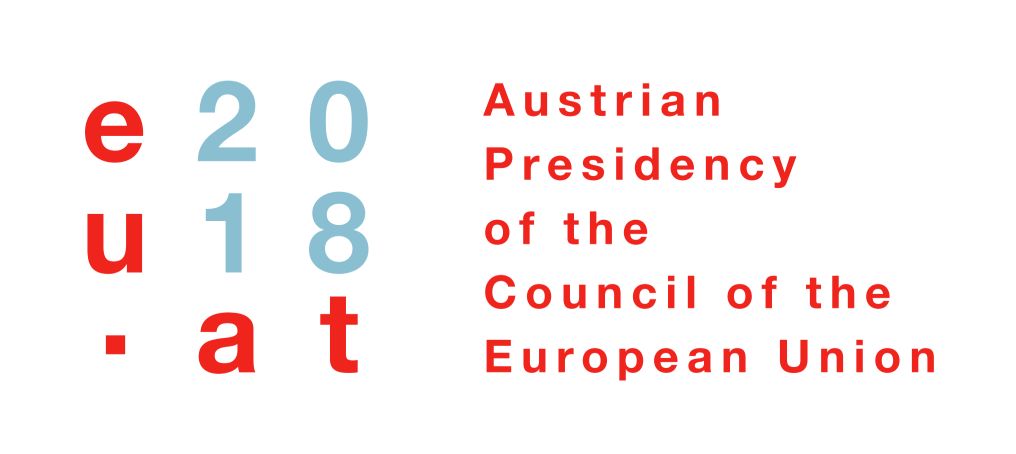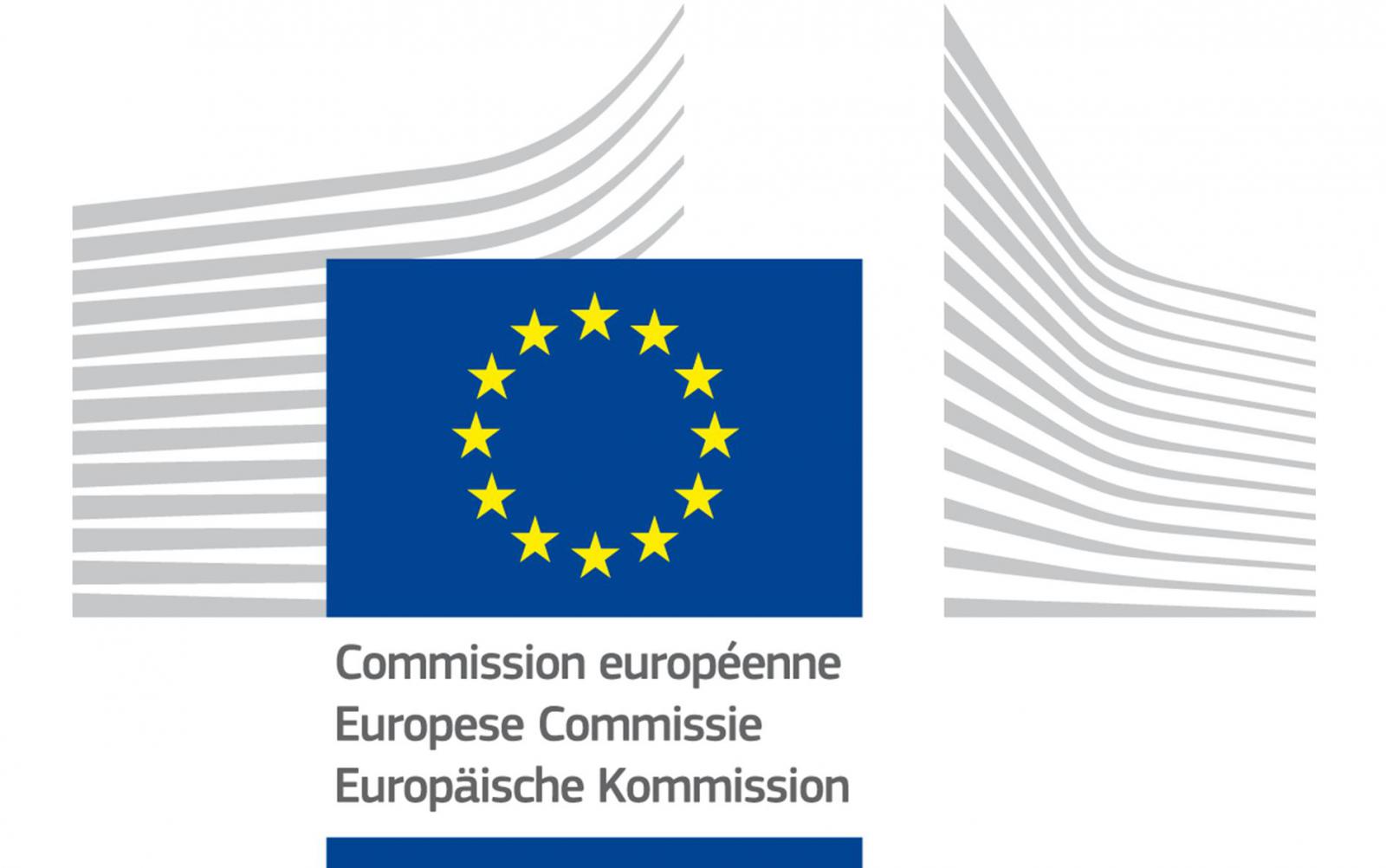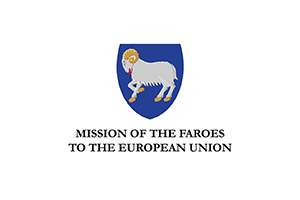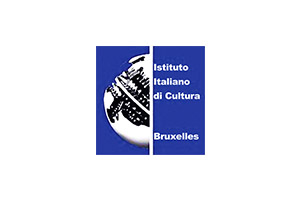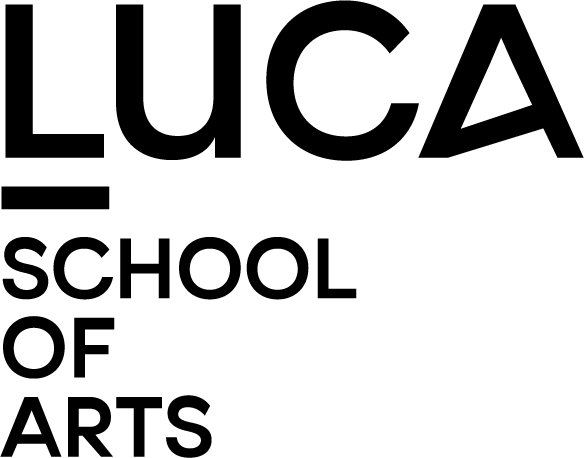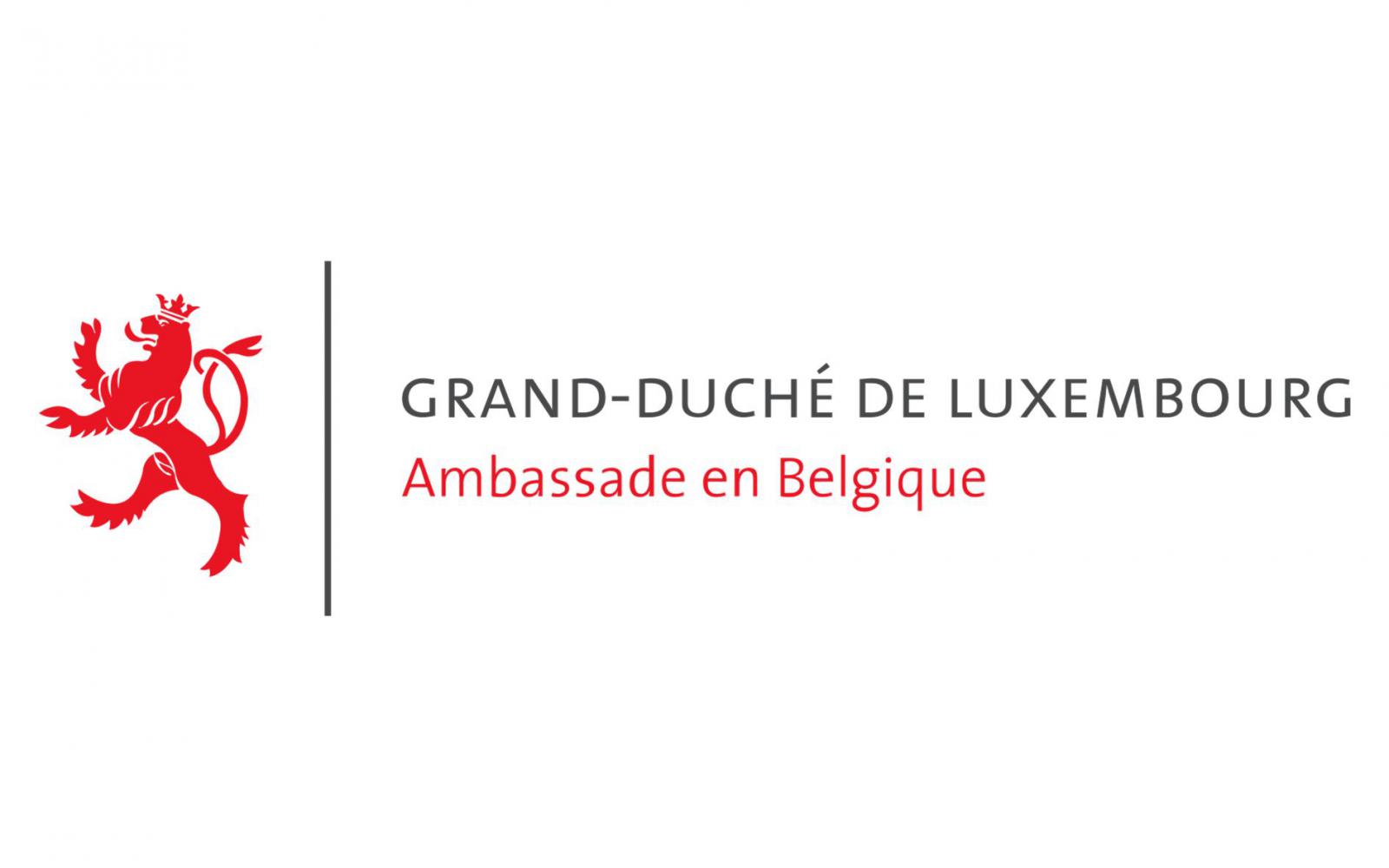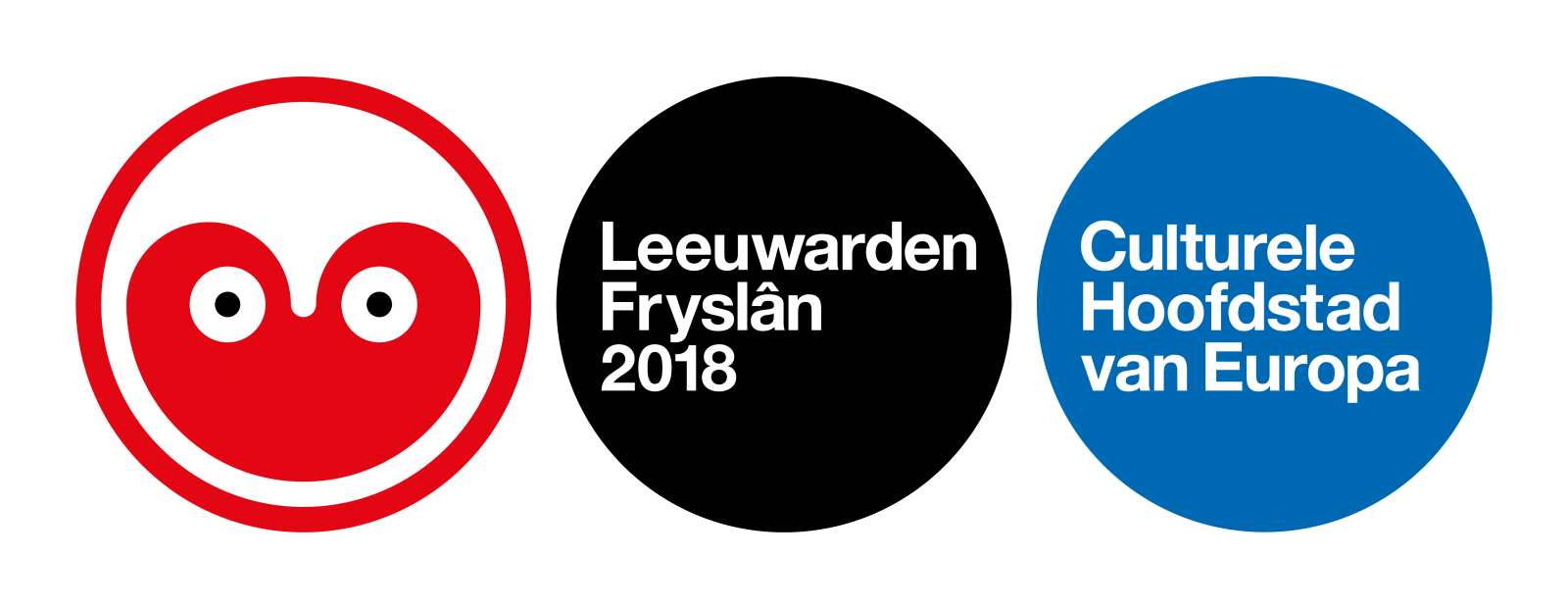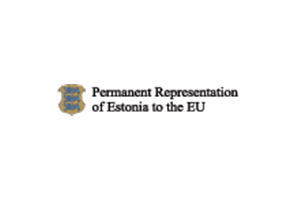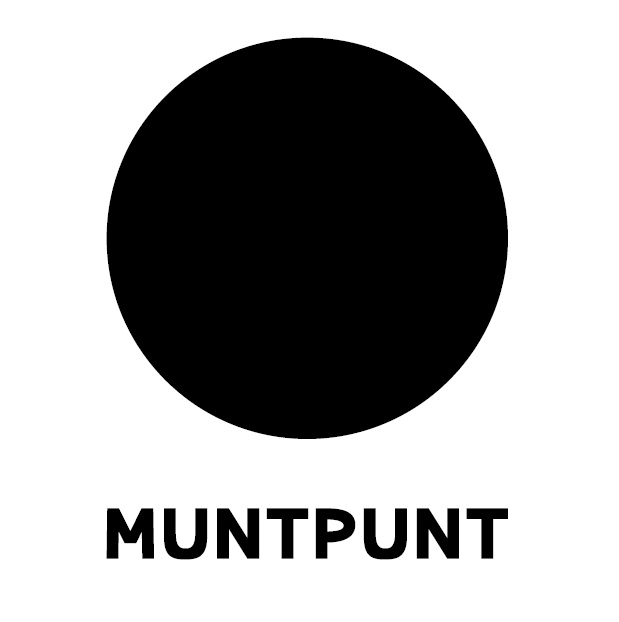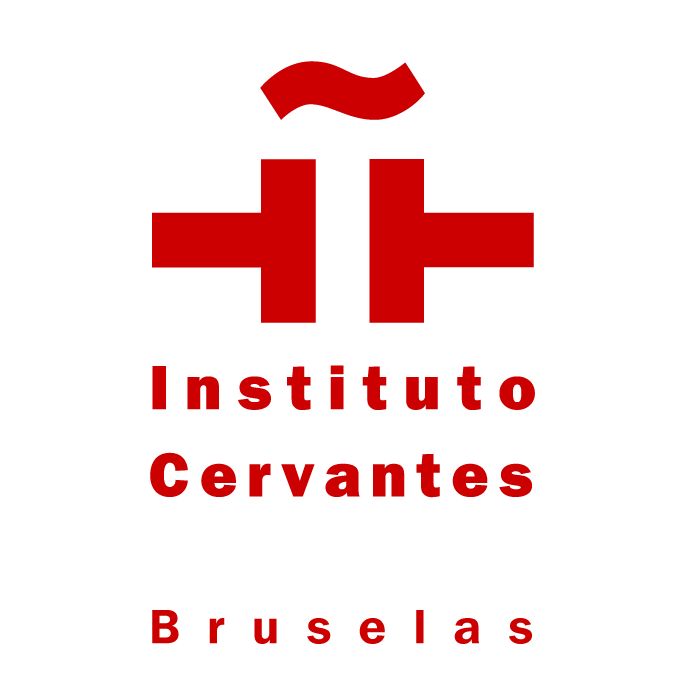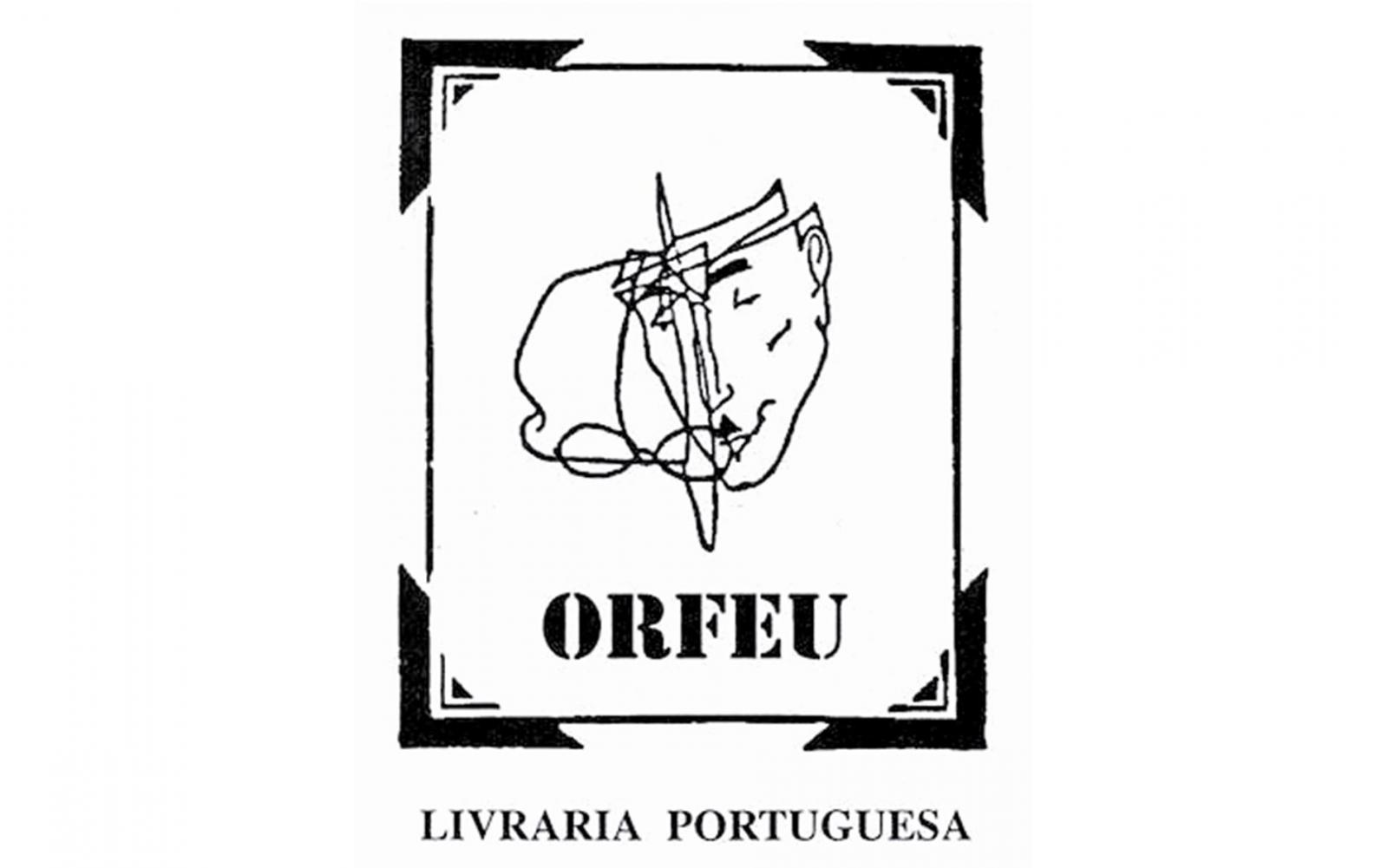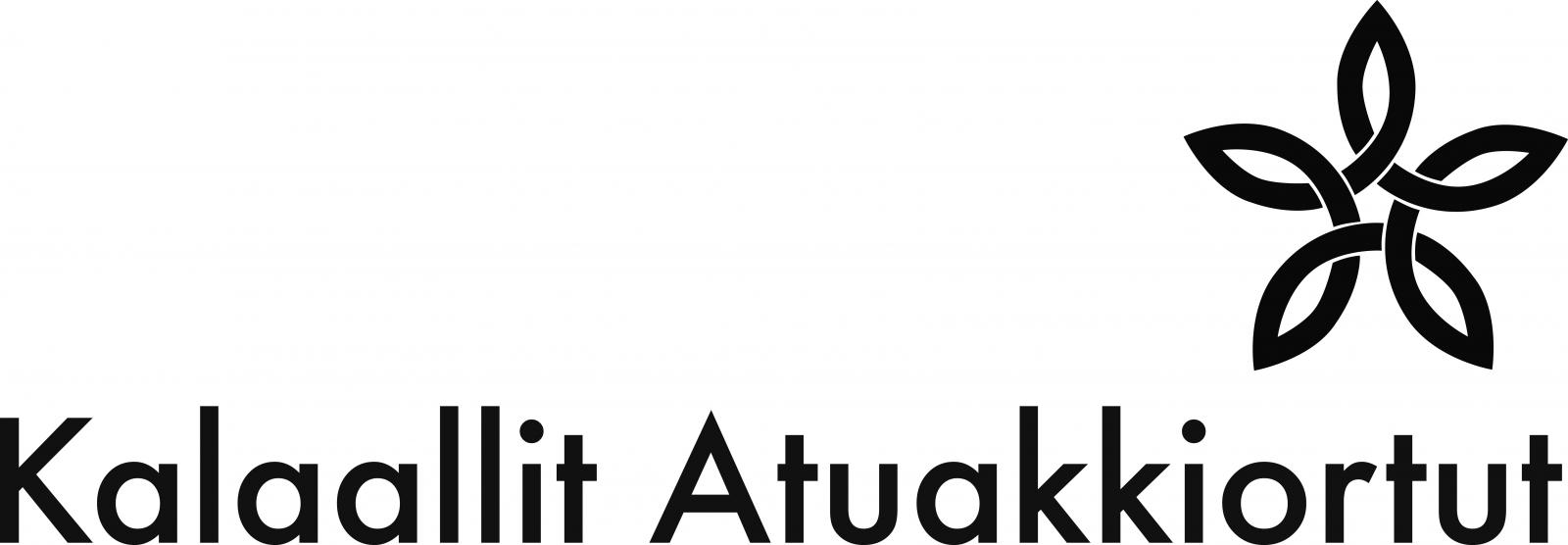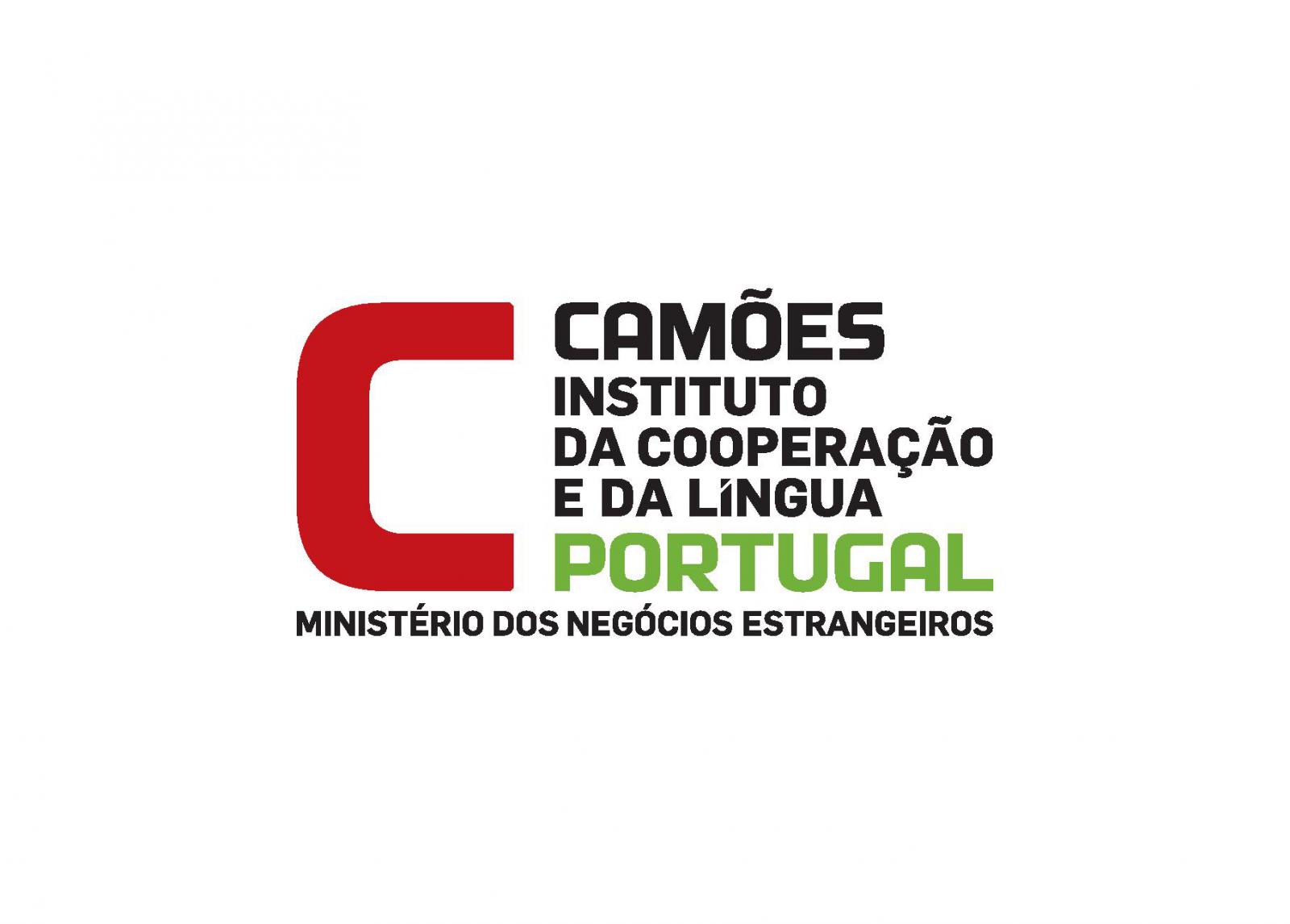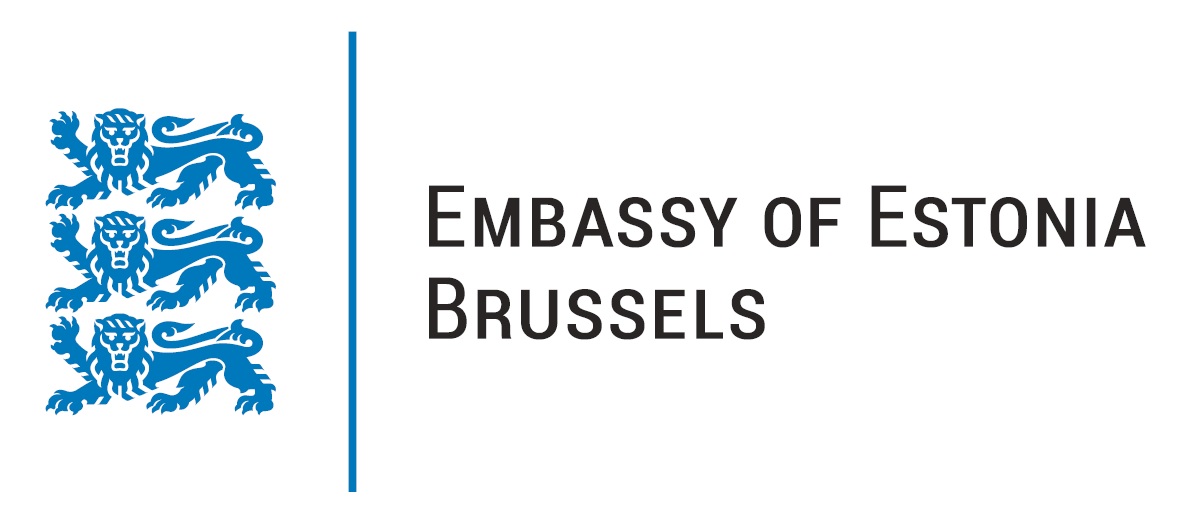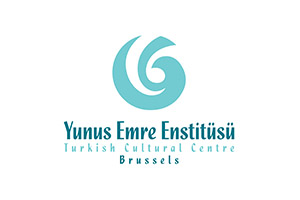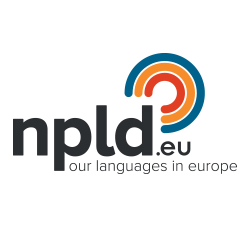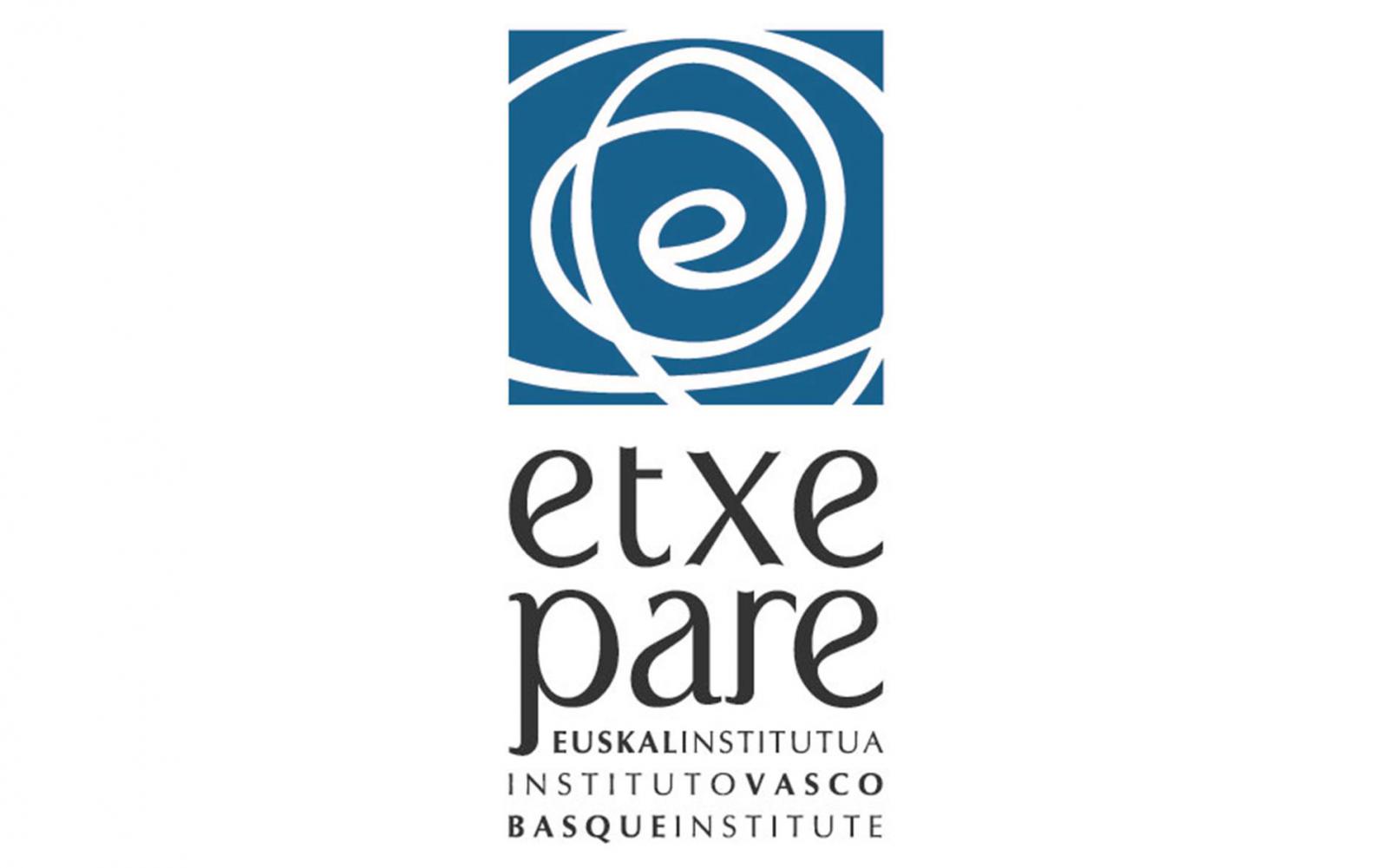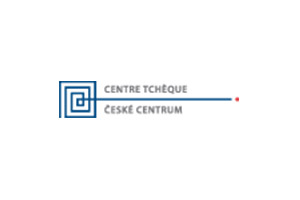Find a poet
Latest updates
-
TRANSPOESIE 2025
09/24/2025 -
Transpoesie 2025 - Programme
09/24/2025 -
Transpoesie 2025 - Open Call
04/16/2025
Mari FALCSIK
Falcsik Mari költő, szerkesztő és műfordító 1956-ban született Budapesten. 2004-től hat verskötete jelent meg vezető magyar kiadók gondozásában (Magvető, Jelenkor, Scolar). Most a Térey-ösztöndíj keretein belül költői hangjátékon dolgozik szülőhelye, Buda hangjaiból, gyermekkorának és fiatal éveinek színhelyéről, annak színes társadalmáról. Angol (főleg brit, néha amerikai) regényeket fordít magyarra (olykor kivételesen tényirodalmat is).
PÁLYÁJA
2010–21: költő, szabadúszó szerkesztő és műfordító
2015-től élettársával, Lantos Lászlóval a Mersz Klub – budapesti privát, független underground klub, kísérleti könyvek kiadásával – társszervezője és a Mersz Könyvek szerkesztője
2018: a Salvatore Quasimodo költészeti fődíj nyertese
2005–10: vállalkozóként a HVG könyvek főszerkesztője
1993–2004: verseinek kiadása, költészetének előadása zenészekkel, képzőművészekkel, színészekkel
1980-93: szabadúszó fordító, saját szervezésű irodalom- és kultúrtörténeti kurzusok előadója
1980: mesterképzés és oklevél a budapesti ELTE Bölcsészettudományi Kar magyar nyelv és irodalom szakán; diplomadolgozata témája: J. D. Salinger kilenc története
(c) Máté Péter - Jelenkor
Mari Falcsik was born on March 10, 1956 in Budapest, Hungary. She is a poet, editor and translator, holding a Master degree in Hungarian literature.
From 2004, six volumes of her poems have been published by the leading Hungarian publishing houses as Magvető, Jelenkor and Scolar. Now, within the framework of Térey Scholarship, she has been working on a poetical play for voices – the voices from her home area, Buda, the scene of her childhood and young years, about its colourful society.
She translates into Hungarian English (mainly British, sometimes US) novels (and non-fictions exceptionally).
(c) Máté Péter - Jelenkor

 Máté Péter - Jelenkor rs.jpg)

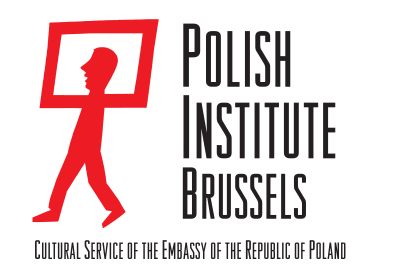
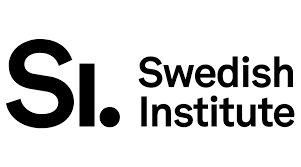
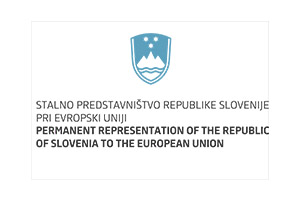
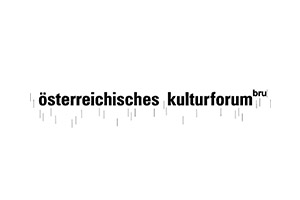
/RO - on the website.png)
